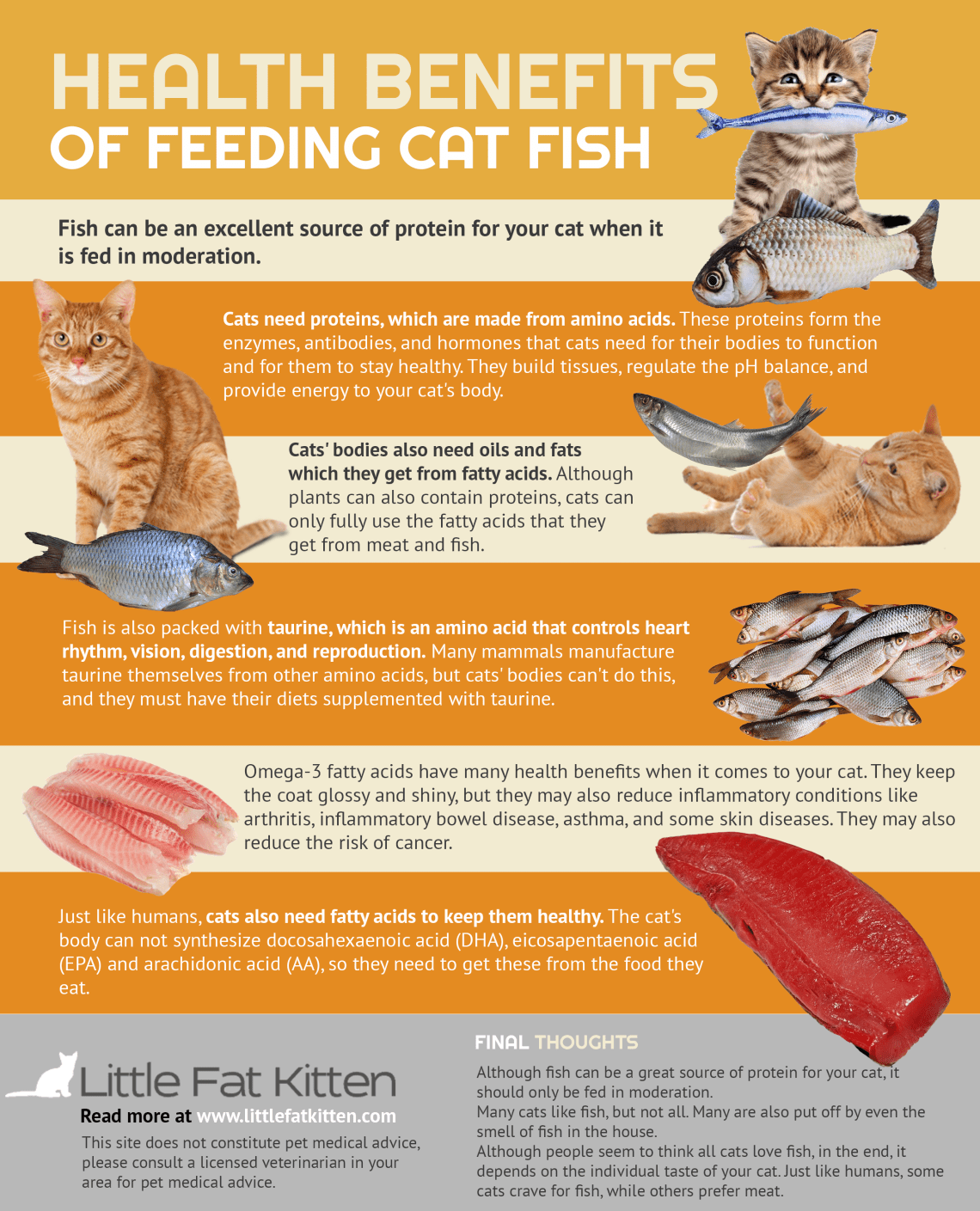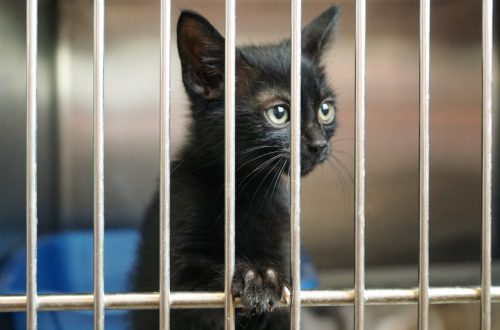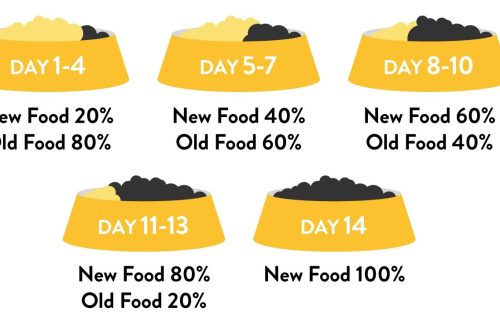
Feed your cat fish to keep her healthy
Your mother has probably told you a hundred times: fish is good for your health. But is it also good for cats? Recent research suggests that yes. And what’s even more amazing is that most cats love the taste of fish.
Are all fish the same?
You are probably inclined to believe that if fish is so healthy, then you can just give your cat a small Dover flounder, steamed or soaked in milk. But if you want your cat to get the most out of fish, read on.
Like any other ingredient, fish should be part of a balanced diet. And now, there is growing evidence that you can get the most benefit by consuming only certain fish nutrients.
First, fish is an excellent source of protein for both the cat and its owner. This means that each kilogram contains a sufficient amount of proteins that are well absorbed in the cat’s body. Fish contains the necessary amino acids – in the composition of proteins – in the ratios we need, although not fully meeting our needs.
One of the downsides is that some types of fish can contribute to the destruction of vitamins. Therefore, fish is useful for cats if a balance of nutrients is achieved. Another problem – mostly for cat owners – is that a food high in fish, frankly, smells bad, and the fishy smell is extremely addictive.
Technology
Fortunately, in this case, production technology can help. You can extract the best nutrients from fish and add them to your cat’s diet so your pet can get the most health benefits from eating the food they like: chicken, beef, lamb, tuna or ocean fish
Even if you don’t have a special education in this area, you can assume that white fish like sole and cod are different from oily fish like mackerel and tuna. If we set out to isolate one “supernutrient” found in fish, it would be fish oil.
You may well be inclined to choose white fish, but it contains very few valuable oils, so you should look at oily fish first.
The Benefits of Fish Oil
The results of studies on the benefits of fish oil are striking. Does your cat need good eyesight? Try fish oil. Does your senior cat have difficulty walking? Try fish oil. Would you like your cat to be smarter? Try fish oil.
Veterinary surgeon Libby Sheridan of Hills Pet Nutrition explains it this way: formation of the brain and interneuronal connections. Part of this formation takes place already while the kitten is in the mother’s womb, but it is quite clear that after its birth, some changes take place.
This makes sense, because the brain must remain receptive for some time to all the information that the animal receives from the environment through sight, hearing, tactile sensitivity and the experience of handling a lot of new things. Now we add DHA to all our diets for kittens, a nutrient that contributes to the harmonious development of the body. Every owner can raise a more agile, adaptable cat by simply choosing the right diet for the kitten for the first few months after birth.”
It’s all about balance
In the body, the processes associated with various types of fatty acids are balanced. There are two types of fatty acids: omega-6 and omega-3.
Useful types of omega-3 fatty acids are found in some vegetable oils, such as flaxseed, and in fish, especially fatty ones. The effects of different groups of fatty acids overlap to some extent. Thus, by combining large amounts of acids of one group and smaller amounts of acids of another group, different effects can be achieved. It is generally believed that a diet rich in animal fats contains more omega-6s than omega-3s, and that consuming more omega-3 fatty acids will allow animals (and possibly humans) to stay healthy.
A word of caution: don’t be tempted to just give your cat more fish oil. An excess of any nutrient can throw the body out of balance and cause health problems. Check with your veterinarian before using any supplements in your pet’s diet, especially if your cat is sick. In most cases, your veterinarian will be able to select the right supplement or diet to meet your pet’s specific nutritional needs and health conditions.
For owners of healthy cats, there is also a useful tip: “When buying cat food, do not be distracted by the adorable kitties depicted on the package. Look for packages stating that the food contains fish oil: we are so confident in the results of this study that we have decided to add fish oil to all dry cat diets. And always go for a reputable brand that uses only the “right” oils, sourced from fish that have lived in clean, unpolluted water.”
Your mother was right when she said that fish is good for health!





